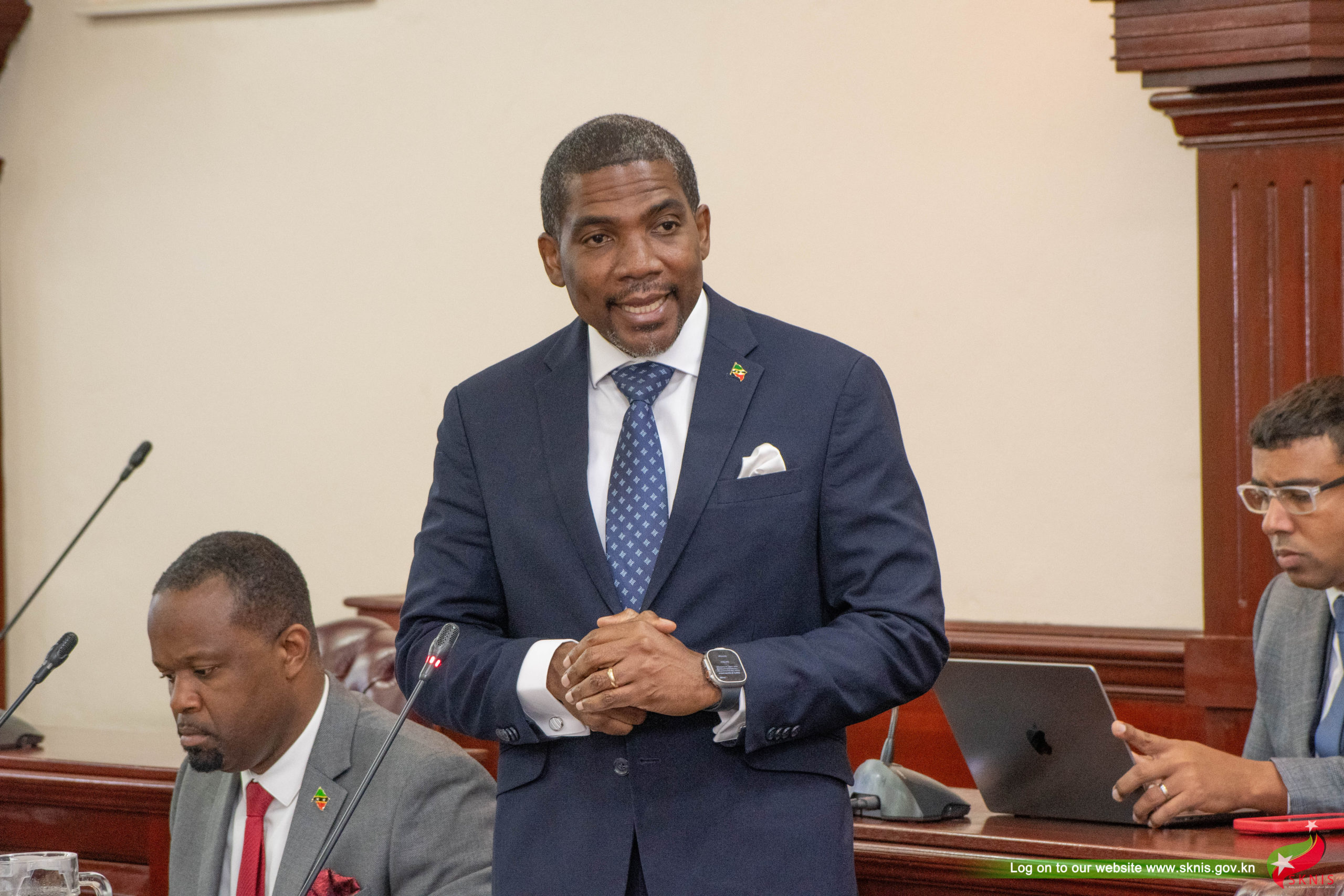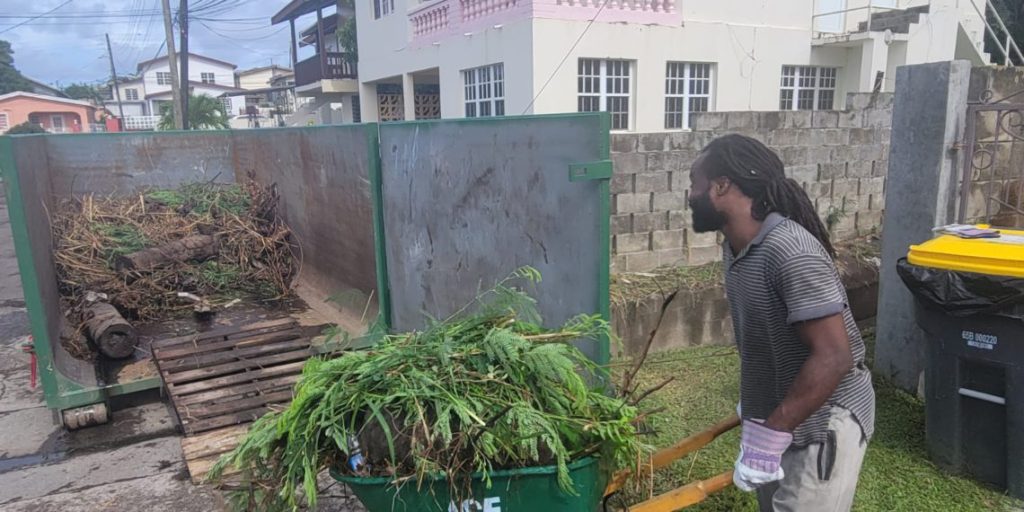Government Strengthens Anti-Gang Legislation as Prime Minister Drew Implores Youth to Embrace Positive Alternatives.
The escalating gang violence in Saint Kitts and Nevis has prompted the government to enact stricter legislation to curb this pervasive threat. On July 24, 2025, the National Assembly passed the Gang (Prohibition and Prevention) (Amendment) Bill, 2025, a significant step in the nation’s fight against organized crime. Prime Minister Dr. Terrance Drew, in a compelling address, underscored the urgency of the situation, citing a USAID Criminal Dynamics Study which revealed the disturbing link between gang activity and homicides, with half of all homicides attributed to gangs and firearms playing a dominant role in these violent acts. This amendment builds upon the 2011 legislation, reflecting the government’s commitment to continuously adapt its strategies to combat the ever-evolving nature of criminal organizations. The growing presence of gangs, identified as 15 groups with 323 members largely concentrated in Basseterre and Cayon, and the alarming infiltration of gangs within the secondary school population, with a reported 6% of students identifying as current or former gang members, further highlights the critical need for this enhanced legislation.
The 2025 amendment significantly strengthens the existing legal framework by broadening definitions, escalating penalties for gang-related activities, and introducing new offences. The increased penalties mirror those of the amended Firearms Act, with fines reaching up to EC$250,000 and imprisonment up to 30 years for individuals involved in forming or encouraging gang membership. Leadership roles within gangs, participation in gang-related criminal activities, and gang affiliation by law enforcement officers carry even harsher penalties, with fines potentially reaching EC$500,000 and imprisonment extending to 40 years. The amendment expands the definition of “gang-related activity” to encompass a wider range of actions, including planning, aiding and abetting, conspiracy, online promotion of gang activities, and obstruction of justice related to gang operations. Furthermore, the legislation incorporates new terms such as “firearm,” “offensive weapon,” and “retaliatory action,” encompassing threats, property damage, and cyber harassment, reflecting the changing landscape of gang-related intimidation and violence.
The Bill introduces several critical new offences, reflecting the evolving methods used by gangs. Impersonating a law enforcement officer, a tactic used to deceive and intimidate, is now explicitly criminalized. Retaliation against individuals who cooperate with authorities or choose to leave a gang, a significant obstacle to dismantling these organizations, is also addressed. The expansion of the evidentiary framework allows courts to consider a broader range of evidence, including self-admissions of gang membership, documented affiliations, and statements made on behalf of a gang, providing law enforcement with more tools to prosecute gang-related crimes. The Bill empowers the High Court with broader jurisdiction and introduces the provision to treat minors as adults in serious gang-related offences, reflecting the gravity of their involvement in these criminal activities.
While the amendment focuses on strengthening legal repercussions, Prime Minister Drew emphasized that the government’s approach is not solely punitive but also aims to prevent youth involvement in gangs and rehabilitate those already ensnared. He highlighted the duality of the Bill’s purpose: to deter violence and simultaneously protect and redeem those at risk. This balanced approach is evident in the government’s implementation of various national initiatives designed to provide alternative pathways for young people. Programs such as the ELEVATE Programme and the Explorers Clubs, along with targeted school-based outreach, offer support, education, and opportunities aimed at diverting youth from gang life and fostering positive development. These initiatives are crucial in addressing the root causes of gang involvement and providing young people with the necessary resources to build a better future.
In a direct and heartfelt plea to the nation’s youth, Prime Minister Drew acknowledged the influence of their environment and emphasized the potential for a different path. He urged them to see beyond their immediate surroundings and the negative examples around them, reminding them that there are other options. The government’s commitment to providing education, training, and second chances demonstrates its dedication to supporting young people in making positive choices. Dr. Drew’s powerful message, “The gun is not your only option,” underscores the government’s commitment to providing alternative avenues for success and breaking the cycle of violence. The aim is to empower young people to choose a life free from the grip of gangs and the associated risks and consequences.
The Gang (Prohibition and Prevention) (Amendment) Bill, 2025, represents a crucial component of the government’s comprehensive strategy to combat violent crime in Saint Kitts and Nevis. This multifaceted approach combines tougher legal measures with preventative programs and rehabilitative efforts, aiming to create a safer and more secure environment for all citizens. The government’s commitment to this legislation and its broader crime-fighting strategy reflects its determination to address the root causes of gang violence, provide opportunities for at-risk youth, and ensure that all citizens can live with dignity, free from the fear and threat of gang activity. The Bill’s passage signifies a renewed commitment to tackling the complex issue of gang violence and building a more peaceful and prosperous future for the nation.
Share this content:










Post Comment